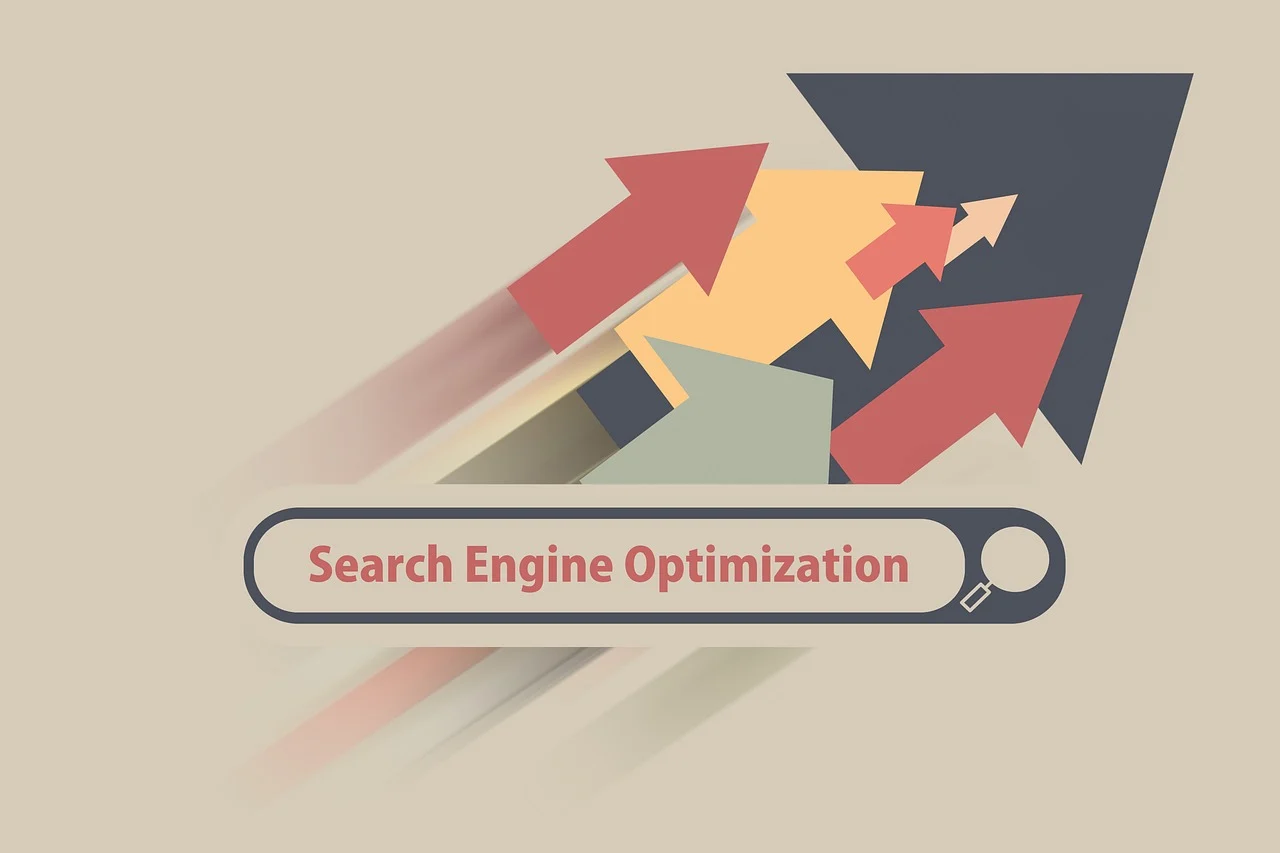Introduction
SEO is constantly evolving.
If you’ve been trying to master SEO for your website, you’ve probably come across a ton of advice — but not all of it is accurate.
The world of search engine optimization is full of myths and misconceptions that could be holding your website back. Some of these myths were true in the past, while others are simply misunderstandings or outdated ideas.
In this blog, we’re going to debunk 21 of the most common SEO myths that you might still be believing in 2025. By the end, you’ll have a clearer understanding of what really matters in SEO and how to apply it to your website to boost your rankings and visibility.

What are SEO Myths?
SEO myths are commonly held beliefs or outdated practices about how search engines rank websites. They often stem from misinformation, old SEO strategies, or basic misunderstandings of Google’s algorithms. The issue with these myths is that if you follow them, you could be spending time and effort on things that don’t actually benefit your site.
Search engines like Google are constantly updating their algorithms, and what worked years ago may not be effective today. So, let’s take a look at some of the biggest SEO myths and what you should actually be focusing on to improve your rankings.

21 SEO Myths that could be hurting your website
1. SEO is Dead
Many people claim SEO is dead, but that couldn’t be further from the truth.
SEO is evolving, not disappearing.
It’s true that the tactics of the past, like keyword stuffing and link farms, are long gone. But the core principles of SEO — creating high-quality content, optimizing for user experience, and building authority — are still as relevant as ever.
2. You have to submit your Website to Google
Some people believe you need to manually submit your site to Google to get noticed.
In reality, Google’s crawlers will find your website on their own.
Submitting a sitemap can help speed up the process, but it’s not a requirement.
3. SEO is a One-Time task
SEO is not a “set it and forget it” strategy.
It’s an ongoing process.
Search engines are always changing, and so are your competitors. You need to keep optimizing your site, updating content, and refining your strategy to stay ahead.
4. Stuffing Keywords improves Rankings
Using the same keyword over and over in your content won’t magically boost your rankings.
In fact, keyword stuffing can actually hurt your SEO.
Focus on creating valuable, readable content, and use your keywords naturally to ensure a good user experience.
5. Only Keywords matter
While keywords are important, they’re not the only factor that influences rankings.
Google now looks at user experience, content quality, mobile-friendliness, site speed, and backlinks.
It’s important to have a well-rounded SEO strategy that focuses on all aspects of your website.
6. Meta Descriptions don’t matter
Meta descriptions don’t directly affect your rankings, but they do impact click-through rates.
A well-written meta description can convince searchers to click on your page when it shows up in search results. It’s a simple but effective way to improve your site’s visibility.
7. Longer Content always ranks better
It’s not about the length — it’s about the value.
Long content can perform well if it provides in-depth answers to user questions. But shorter, high-quality content can outrank longer content if it’s more relevant and helpful to the searcher’s intent.
8. More Backlinks = Higher Rankings
Not all backlinks are equal.
Quality over quantity matters.
A single backlink from a trusted, high-authority website will have more impact than dozens of links from low-quality sites.
9. SEO Results are instant
SEO is a long-term strategy.
It can take weeks or even months before you see significant results.
Patience is key. Focus on consistent improvements, and over time, your rankings will improve.
10. Social Media doesn’t affect SEO
While social signals don’t directly impact rankings, social media can help increase traffic to your site.
The more people share your content, the more likely it is that you’ll get noticed by Google.
11. Google’s Algorithm is a secret
Google’s algorithm is complex, but it’s not a mystery.
Google has made it clear that they prioritize things like content quality, site speed, mobile-friendliness, and user experience.
Focus on these aspects, and you’ll be on the right track.
12. You only need to focus on Google
While Google is the most popular search engine, it’s not the only one.
Don’t ignore other platforms like Bing, Yahoo, or even YouTube.
Optimizing your content for multiple search engines can help you reach a wider audience.
13. You don’t need to optimize for Mobile
Mobile optimization is crucial for SEO in 2025.
With more people browsing the web on their phones, Google now prioritizes mobile-friendly websites.
Make sure your website is responsive and loads quickly on all devices.
14. Content does not need to be updated
SEO isn’t just about writing new content — updating old content is just as important.
Search engines like fresh content, and updating existing pages with new information can give them a ranking boost.
15. Internal links aren’t important
Internal links help search engines understand your website’s structure and the importance of your pages.
They also improve user experience by making it easier for visitors to navigate your site.
So don’t ignore internal linking!
16. SEO is all about technical stuff
While technical SEO is important, content and user experience are just as important.
Don’t get so caught up in technical details that you forget the user is the ultimate priority.
17. Using Headings doesn’t matter
Headings are important for both SEO and user experience.
They help search engines understand the structure of your content and make it easier for readers to scan your page.
Use headings (H1, H2, etc.) to break up your content logically.
18. Duplicated Content won’t affect SEO
Google doesn’t like duplicated content.
If you have multiple pages with the same or very similar content, you could end up hurting your SEO.
Use canonical tags to signal the original source or make sure each page has unique content.
19. You don’t need to focus on user experience
User experience (UX) is a major ranking factor.
Google wants to deliver the best possible experience to searchers. If your website is hard to navigate, slow to load, or filled with pop-up ads, it’s not going to rank well.
20. You don’t need to prack SEO Progress
SEO isn’t something you do and forget.
You need to track your progress and adjust your strategy based on the results.
Use tools like Google Analytics and Search Console to monitor your rankings and performance.
21. Local SEO isn’t important
If you’re a business that serves a local area, local SEO is critical.
Make sure your Google My Business listing is optimized, and use local keywords to attract nearby customers.

Conclusion
SEO isn’t a one-size-fits-all strategy, but understanding what works and what doesn’t is crucial.
By debunking these myths, you’ll be in a much better position to optimize your website for success in 2025.
Focus on quality content, user experience, and ongoing improvements — and the rankings will follow.

